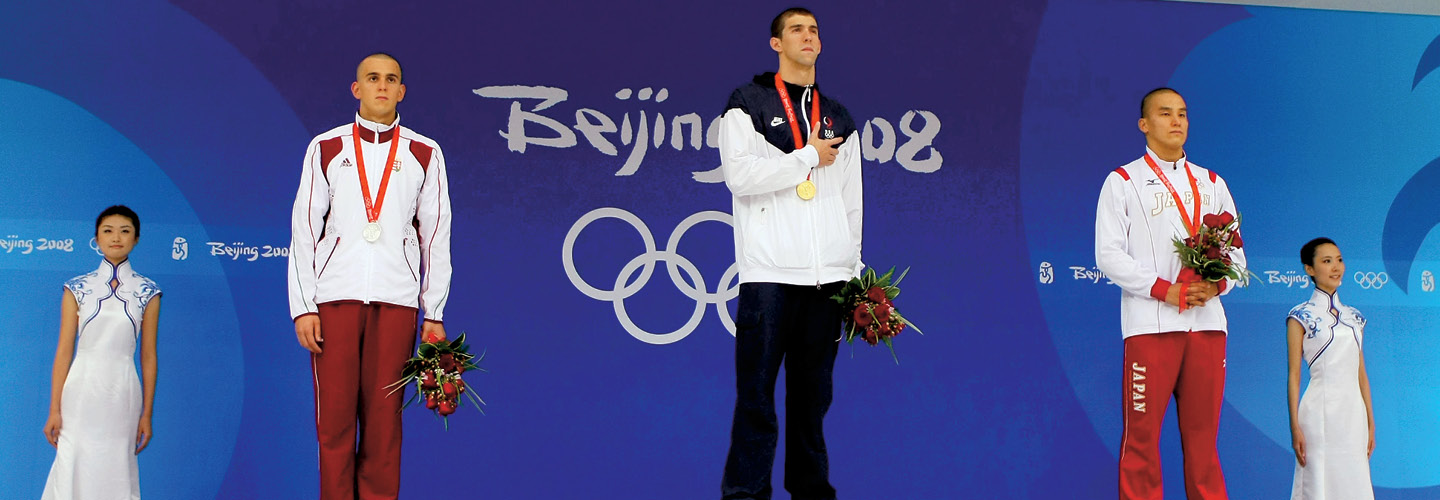When the International Olympic Committee (IOC) selected Beijing to host the 2022 Winter Games, the hope was that this would encourage China to improve its human rights record. Instead, over the past six years, Chinese President Xi Jinping has unleashed a relentless crackdown on human rights and all forms of dissent. That’s why my organization is part of a coalition of 180 groups calling for the nations of the world to boycott the Beijing Olympics.
The human rights situation in China has dramatically deteriorated. Tibet has been transformed into a surveillance state, with more than 1,000 political prisoners facing torture and even death. China is arbitrarily detaining between 1.8 million and 3 million ethnic Uighurs and other Turkic peoples in “re-education camps,” where they are forced to learn Mandarin and abandon their religious traditions. Despite promises to preserve democratic traditions in Hong Kong, China has rounded up human rights activists and outspoken young people by the thousands—for nothing more than advocating for democracy.

